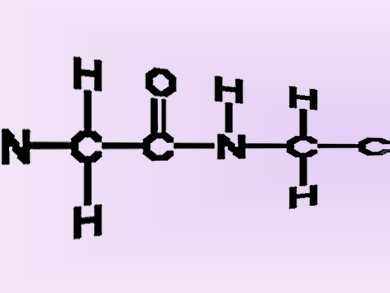Peptides serve as hormones, neurotransmitters, drugs, toxins, artificial sweeteners, antiwrinkle agents, etc. However, not a single catalytically active peptide is known in nature. In addition, nature utilizes also for the directed growth of inorganic materials such as, e.g. bones or metal nanoparticles, mainly proteins and not peptides.
Helma Wennemers, ETH Zurich, Switzerland, is exploring the questions whether short peptides can function as effective asymmetric catalysts and templates for the controlled formation of metal nanoparticles.
Her research showed that short-chain peptides of the type H-Pro-Pro-Xaa (Xaa = acidic amino acid) are robust, highly active as well as chemoselective and stereoselective catalysts for aldol and related reactions. The structure of the peptidic catalysts proved to be easily tunable to accommodate the steric and stereoelectronic properties of a given substrate and allow for chemoselective and stereoselective transformations. These features, as well as their modular nature and the facile synthesis of short peptides, make peptides very attractive for asymmetric catalysis.
The research also illustrated that peptidic catalysts have features that are typically assigned to synthetic catalysts, e.g., broad substrate scope, and others that are considered to be typical for enzymes like conformational flexibility. Peptides might, therefore, have played a role in the chemical evolution of enzymes.
Short peptides also allow for the generation of silver nanoparticles in distinctly different sizes.
- Peptides as asymmetric catalysts and templates for the controlled formation of Ag nanoparticles, (Review)
Helma Wennemers,
J. Pept. Sci. 2012, 18, 437–441.
DOI: 10.1002/psc.2422




